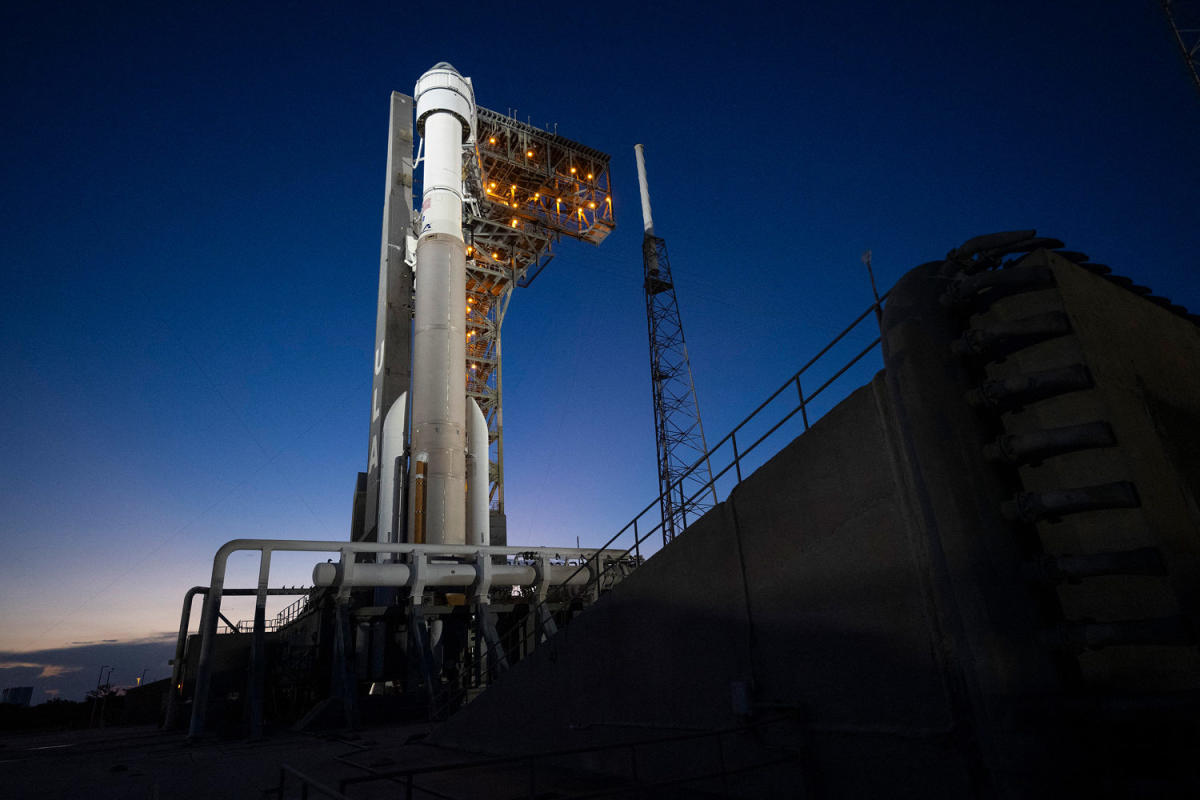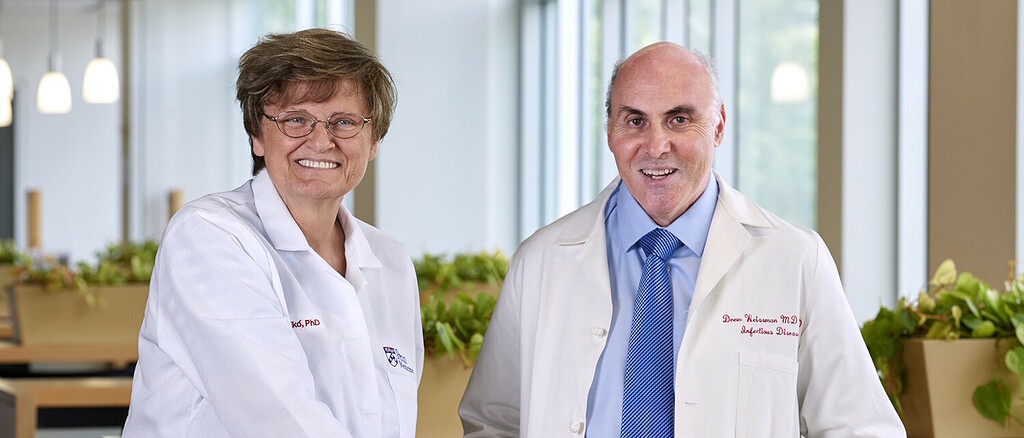They created the basis for the development of mRNA vaccines against Covid-19 and are honored with the Nobel Prize in Medicine for this: researchers Katalin Carrico and Drew Weissman. Despite many setbacks and skepticism from their scientific colleagues, they continued their work for decades until they achieved a breakthrough.
Written by Wolfgang Kerler
Katalin Carrico looks a little sleepy but happy in the photo. Published by the Nobel Prize Committee for X. Apparently this happened when I learned of the decision of the Karolinska Institute, which awards the Nobel Prizes. She and fellow researcher Drew Weisman – both of whom work at the University of Pennsylvania – will receive the 2023 Nobel Prize in Medicine.
They are honored according to the award committeeBecause their “groundbreaking findings” have created an understanding of how mRNA interacts with the immune system. This has enabled vaccines against the virus to be developed at an unprecedented speed during the Covid-19 pandemic. In the future, technology based on Carrico and Weissman’s research could be used not only in vaccines against other infectious diseases, but also in treating diseases, including certain types of cancer.
Almost simplistically, mRNA is a biomolecule that can be used to direct cells to produce specific proteins. After decades of research accompanied by many setbacks, this also worked with synthetic messenger RNA. The COVID-19 vaccination includes the coronavirus spike protein. If this is “cloned” by the body’s own cells, the immune system can produce antibodies that then attack the virus.
Biochemist Katalin Karikó, who was born in Hungary in 1955 and immigrated to the USA in 1985, was one of the first to recognize the potential of mRNA in the 1980s, along with Robert Malone, Phil Felgner and Inder Verma, but she was widely ridiculed. For a long time to work. It was also revealed at the 1E9 2021 conference. “My colleagues weren’t usually very critical of me when I told them I was doing RNA research,” she recalled. “Poor Katie,” they said. “I felt sorry for them.”
Undeterred by this, nor the lack of funding, she continued to praise the potential of mRNA at every opportunity – including Drew Weisman, with whom she had worked since 1998. Together the two achieved a major breakthrough in an experiment in mice, sharing a building block of Synthetic messenger RNA, which is no longer degraded in cells. The mouse cells then produced the desired protein.
Become a member of 1E9!
It’s about the technologies and ideas we can use to make the world a better place. You support constructive journalism instead of arguments and problems! As a 1E9 member, you get early access to our content, exclusive newsletters, workshops and events. Above all, you will become part of a community of future optimists who learn a lot from each other.

In 2013, Katalin Carrico met Ugur Sahin, who founded BioNTech with his wife, Ozlem Tureci. the The New York Times She revealed that he made her a job offer on the same day. She then served as Vice President of RNA Protein Alternative Therapies until 2022, before leaving the company and serving only in an advisory capacity. She never gave up her position at the University of Pennsylvania.
We don’t know yet how she will celebrate receiving the Nobel Prize. But at the 2021 1E9 conference, Catalin Carrico shared what she did after learning that BioNTech’s COVID-19 vaccine actually worked: She ate a packet of chocolate-covered peanuts.
Cover photo: Peggy Peterson, University of Pennsylvania
Did you like the article? Then we look forward to your support! Become a 1E9 member or follow us Twitter, Facebook, Instagram or LinkedIn And spread our content more widely. Thanks!
Talk to Ayoub the robot!

Was the article useful to you? Do you have any questions or comments? I will be glad if you give me feedback!

“Certified tv guru. Reader. Professional writer. Avid introvert. Extreme pop culture buff.”







More Stories
500 times faster than 5G phones! The new 6G technology sets a record
Search for related products in online stores using the latest search technologies • INTERNET WORLD Austria
Microsoft improves weather apps with AI: Microsoft's AI technology leads to more accurate weather apps